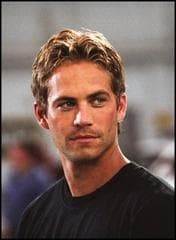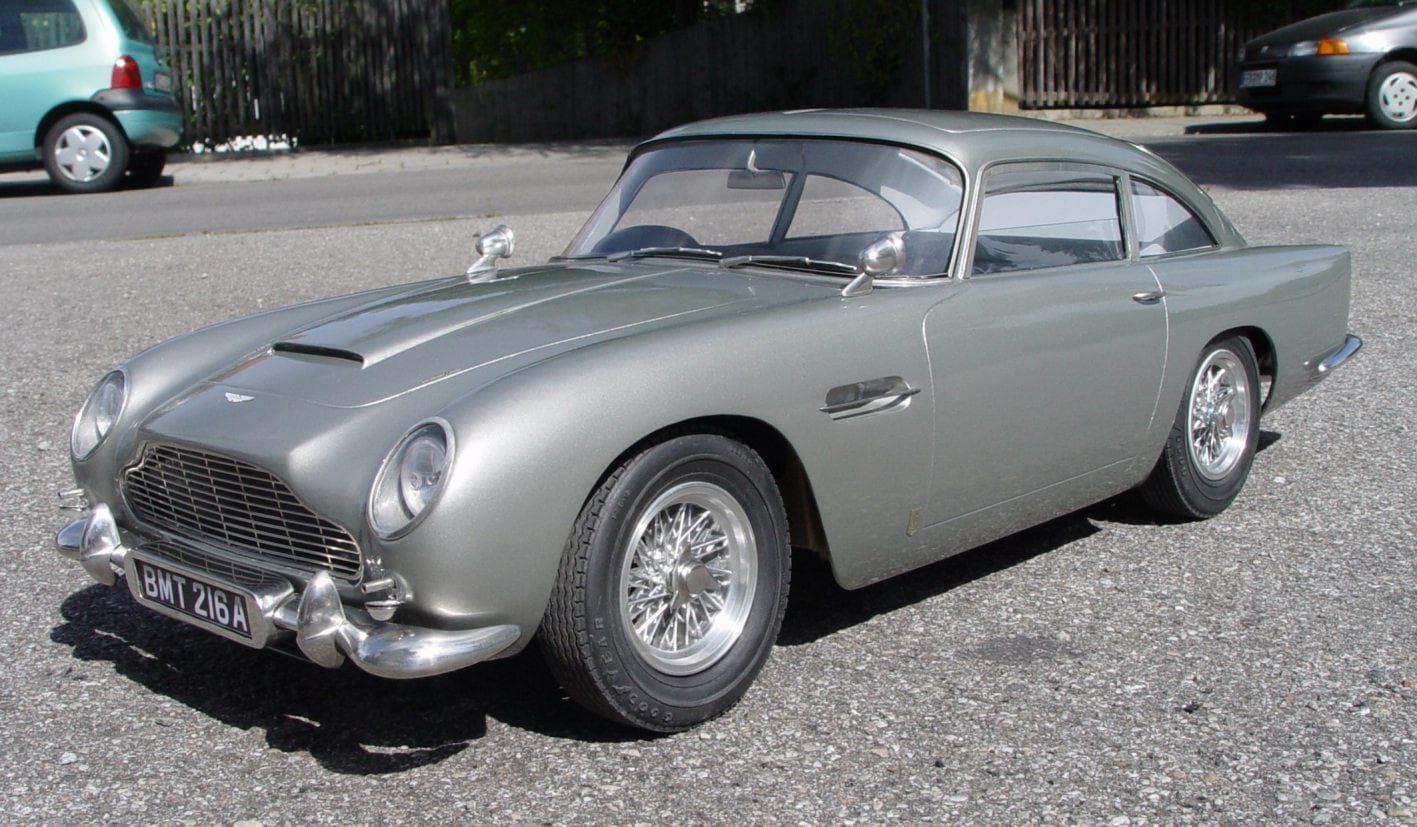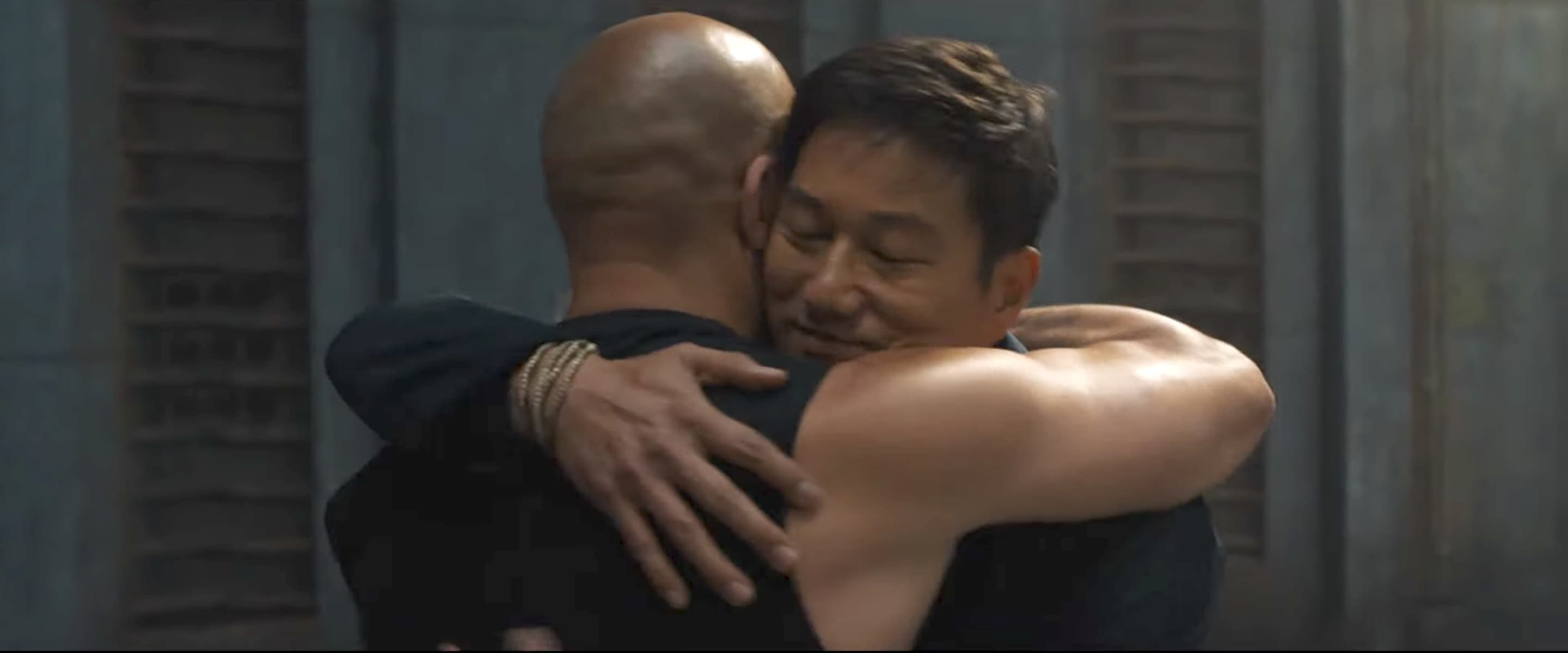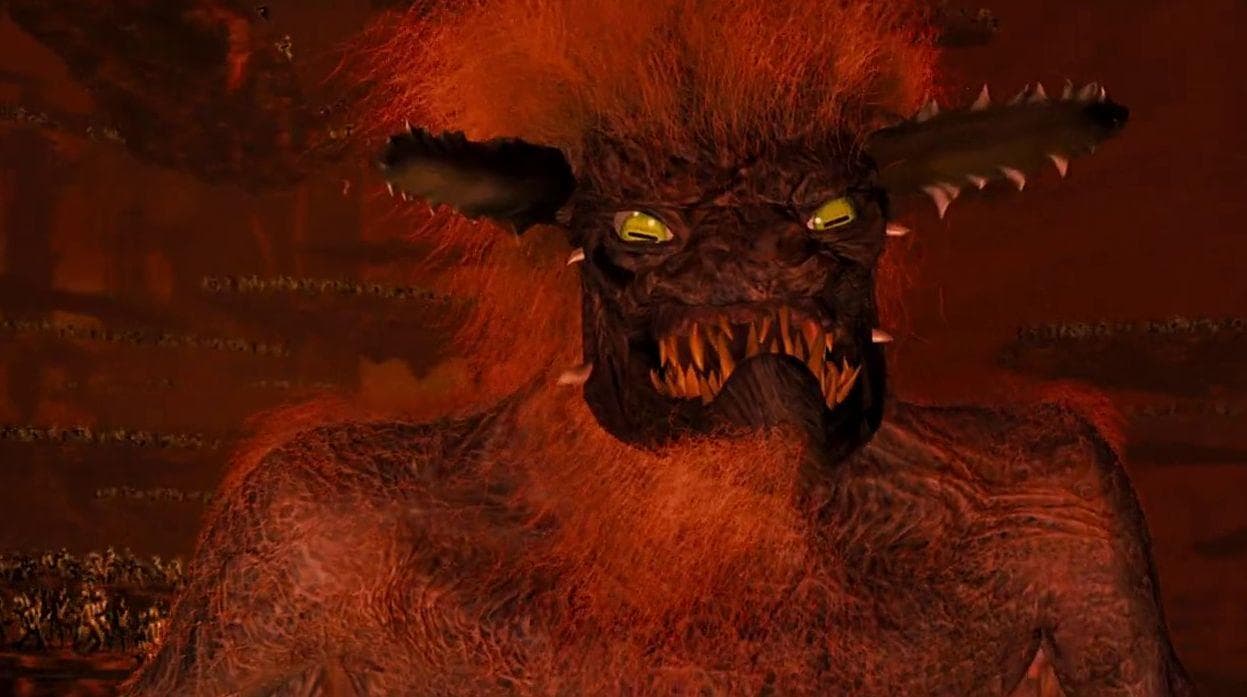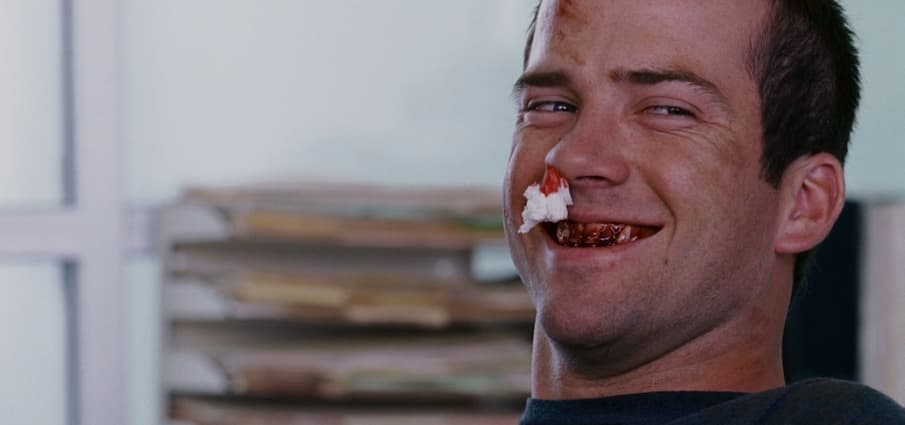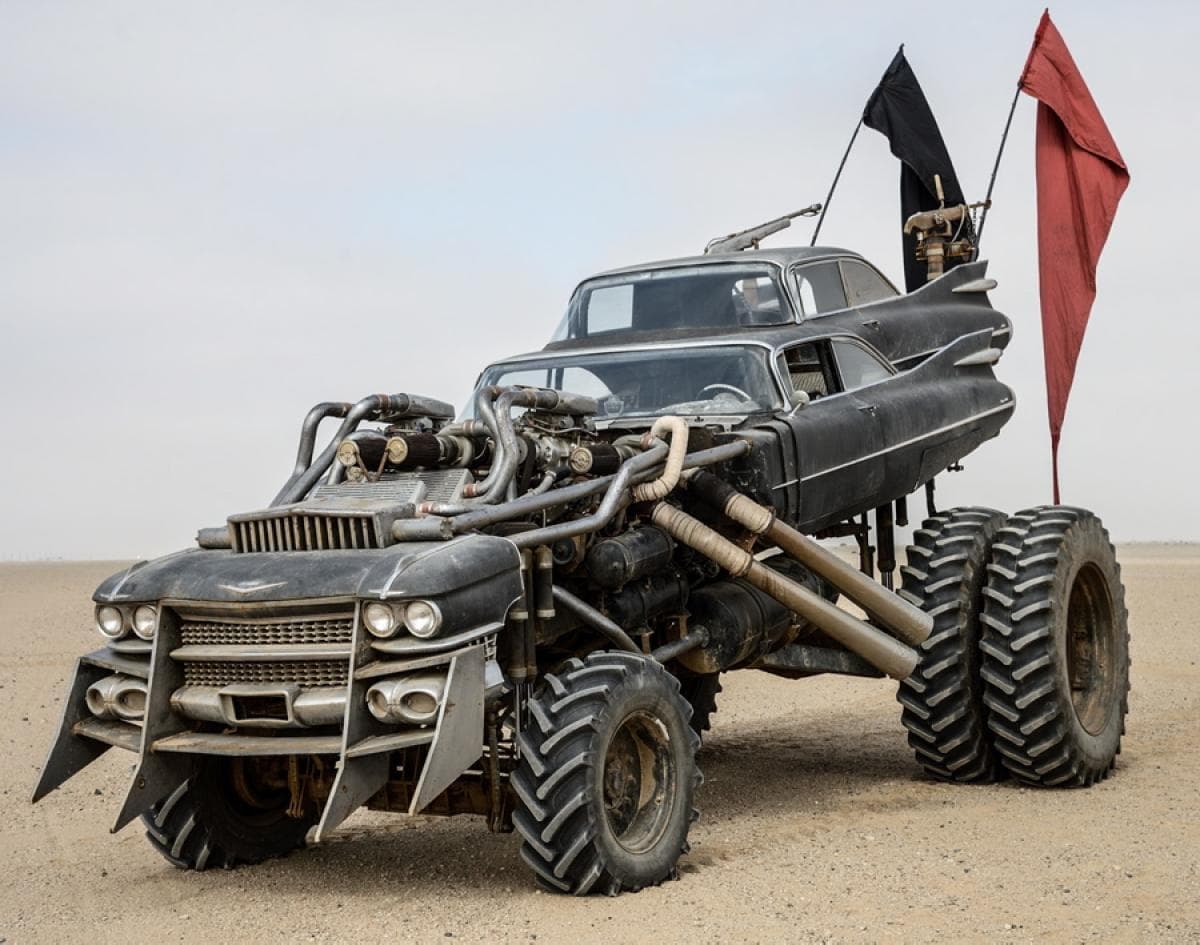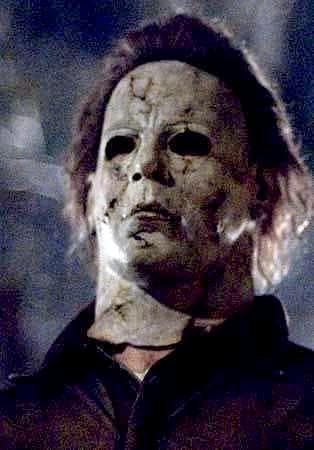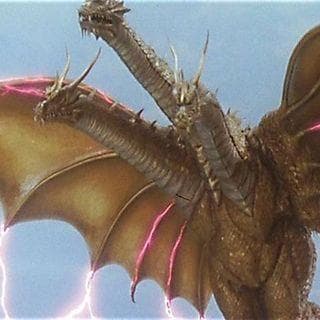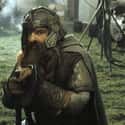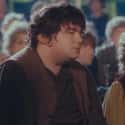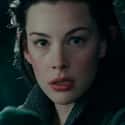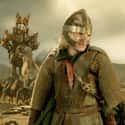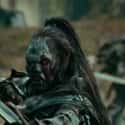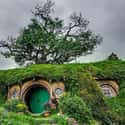-
(#1) Tolkien's Dwarves Are An Unsubtle And Unflattering Analogue To Jewish People
Tolkien's deliberate association between dwarves and Jewish people is well-documented. He once noted, "[t]he dwarves of course are quite obviously, couldn't you say that in many ways they remind you of [Jewish people]?" This admittance makes his characterization of dwarves troubling - particularly in The Hobbit - as Tolkien relies heavily on Jewish stereotypes, which directly contribute to antisemitism.
While some dwarves are portrayed as good people, their preoccupation with gold and their incessant greed (which in part fuels the conflict in Lake-town) are inarguably offensive. To make matters worse, dwarves are portrayed as wicked in Tolkien's earlier work, which only serves to further harmful stereotypes about Jewish people that are still prevalent today.
-
(#3) An Actor Says She Was Turned Away For Not Being White Enough
While this isn't directly Tolkien's fault, perhaps if he'd included a few more characters of color who weren't evil in his works, it wouldn't have happened. British-Pakistani actor Naz Humphries told Stuff, an online publication in New Zealand, that she was turned away from an audition to be an extra in The Hobbit: An Unexpected Journey because she wasn't white enough.
"We are looking for light-skinned people," a film company representative said. "I'm not trying to be - whatever. It's just the brief. You've got to look like a hobbit."
According to Stuff, Robert Foster's The Complete Guide to Middle-Earth notes that the most common hobbits, Harfoots, are "browner" than other hobbits, but it seems the casting director (who was later fired) had a different, purely white vision for the Shire. Whiteness is equated with goodness so frequently in the franchise that perhaps it seemed consistent to call for only light-skinned actors, but doing so contradicted the source material.
-
(#8) Female Characters Are Severely Underdeveloped
The women of Tolkien's work are uniformly underdeveloped. Pretty much all the female characters in his novels The Hobbit and The Lord of the Rings are either wholly good (Goldberry, Arwen), relegated to stereotypical femininity (Galadriel, Eowyn), or just downright nasty (Shelob, Lobelia Sackville-Baggins).
Regardless of whether they're good or evil, all the women of the series are noticeably one-dimensional. Compare this to the series's vast assortment of complex male characters (Gandalf is wise, Frodo is courageous, Aragorn is noble, Wormtongue is evil, and so on), and the trend becomes painfully obvious. Women just aren't allowed to be fully developed characters in Tolkien's world, perhaps because Tolkien wasn't interested in featuring feminine heroes.
-
(#11) Positive Stereotypes Are Still Stereotypes
One of the biggest obstacles critics of Tolkien's work run into is the claim that, because many of his characters adhere to positive stereotypes, there's no reason to be upset. Sure, the few women who appear in The Lord of the Rings tend to be good, and Tolkien himself described Jewish people as "gifted," but that doesn't erase the fact that his views are still informed by stereotypes. Positive or benign stereotypes naturalize more hateful biases, and fail to recognize the spectrum of personality traits that exist in all people. There is no "inherent woman" or "inherent Jewish person," and to suggest otherwise is a recipe for bigotry.
-
(#2) Tolkien's Literal Representations Of Light And Dark Are Super Problematic
Occasionally, characters in The Lord of the Rings break the light = good, dark = bad stereotype (Saruman comes to mind), but the prevailing trend is extremely troubling. The struggle of light versus dark is a concept that dates back to the early days of humanity, but in practice the model presents an uncomfortable binary that isn't useful for understanding contemporary conflicts (which are often morally gray all around).
Things get even worse when creators decide to demonstrate the concept by making evil characters' features appear darker. This is exactly what transpires in Tolkien's world; the heroes are beautiful and light-skinned, whereas orcs, Uruk-Hai, Easterlings, and Haradrim all feature considerably darker complexions. They're not evil because they're not white, but these associations tend to bleed into viewers' perceptions of real life, and can potentially cause them to be more critical of dark-skinned people.
-
(#10) 'The Lord Of The Rings' Has Been Hijacked By Racist, Nationalist Groups
Tolkien was openly anti-war and frequently spoke out against Joseph Stalin and Adolf Hitler, but that hasn't stopped nationalist and racist groups from commandeering his work for their own bigoted purposes. By creating a mythology in which the majority of heroes are white and the majority of enemies are not, Tolkien unwittingly crafted a tale that represents the views of groups like the neo-Nazi British National Party, who've used his fiction to preach their white-supremacist vision of the world.
New Random Displays Display All By Ranking
About This Tool
Have you watched the Lord Of The Rings? It is one of the most successful and influential movie series in the world. The series is a trilogy with epic fantasy adventure films, based on the novel written by J. R. R. Tolkien. It was one of the biggest and most ambitious film projects, and also is the best movie in the hearts of many fans and worth watching repeatedly. People can always get new feelings and cognitions in movies.
There are some details you may didn't realized before. The random tool collected 11 items, including some information about instances of weird racism and bigotry throughout the Lord Of The Rings. Please check the collection.
Our data comes from Ranker, If you want to participate in the ranking of items displayed on this page, please click here.

